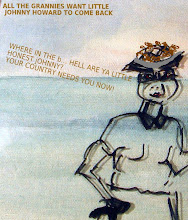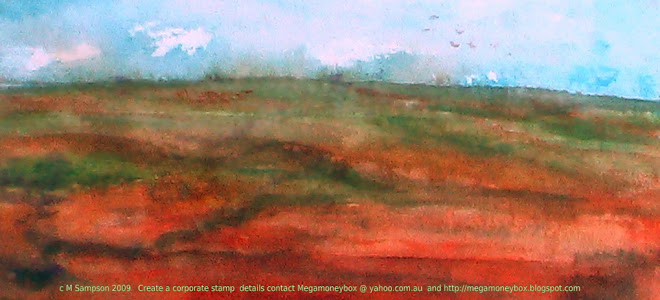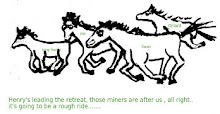see http://megansampson.blogspot.com re supporting Mark Latham and his call "not to vote"
re Sedition laws: Not old or outdated..
Australian sedition law is the area of the criminal law of Australia relating to the crime of sedition.Effectively defunct for nearly half a century, these laws returned to public notice in 2005 when changes were included in an Anti-terrorism Bill announced by Prime Minister Howard prior to a "counter-terrorism summit" of the Council of Australian Governments on September 27.
The Bill was introduced on November 3 and passed into law on December 6, 2005 after government amendments adding some protection for the reporting of news and matters of public interest were introduced in response to community pressure. The changed laws are to be reviewed in 2006.
Early prosecutions for sedition in Australia include:
the conviction of Henry Seekamp for seditious libel over the Eureka Rebellion in 1854; (how amazing that Julia Gillard is standing in the seat of Lalor Victoria- named after Peter Lalor the Eukeka Hero!)
the conviction of 13 trade union leaders of the 1891 Australian shearers' strike for sedition and conspiracy; and
the action against radical Harry Holland, jailed for two years in 1909 over his advocacy of violent revolution during the Broken Hill miners' strike.
During the First World War Sedition laws were used against those who opposed conscription and war, in particular the Industrial Workers of the World (IWW) in Australia [1]. In 1916 members of the IWW in Perth were charged with sedition including 83 year old Montague Miller, known as the grand old man of the labour movement. Miller was released after serving a few weeks of his sentence but was re-arrested in 1917 in Sydney at the age of 84 and sentenced to six months jail with hard labour at Long Bay Gaol on the charge of belonging to an unlawful association [2].
The Sydney Twelve were all charged and convicted with various offences including sedition.
ref wikpedia.
skip to main |
skip to sidebar

Julia's portrait for the PM Hall

Where in the B..Hell are you Johnny?
Twitter
We have to link together like an internet cobweb. The More spiders the better
What you can do besides writing to editors, politicians, and speaking up, is to become followers on as many blogs and forums and twitter sites which oppose the Resource Super profit Tax, as possible. If you forward information on the tax to as many people as possible, you will raise awareness. This tax is unconstitutional, and PRRT contains secrecy clauses, which means if you were a "whistleblower" you could be liable for $10,000 fine and or 2 years jail. Worse still, you could not present any documents relating to that company to the court.
When you become a follower, you help raise the status of the campaign. You can Email our cartoons, or pics. use them as screensavers and as an opportunity to raise the Supertax issue. Respect our efforts by adding our links, and giving credit for our volunteered work.
When you become a follower, you help raise the status of the campaign. You can Email our cartoons, or pics. use them as screensavers and as an opportunity to raise the Supertax issue. Respect our efforts by adding our links, and giving credit for our volunteered work.
Julia PM -barring all

Julia's portrait for the PM Hall
Welcome! to my Election Blog
This blog is written and authorised by NSW senate candidate Megan Sampson Wollongong (silent elector address)
My main election blog is at Http://megansampson.blogspot.com
you can email me at msmegansampson at gmail dot com
Get to know more..
see my other blogs at
Http://msmegansampson.blogspot.com
http://megamoneybox.blogspot.com
http://reduceyouruse.blogspot.com
http://cutcarbonuse.blogspot.com
http://www.permculturevisions.com
My main election blog is at Http://megansampson.blogspot.com
you can email me at msmegansampson at gmail dot com
Get to know more..
see my other blogs at
Http://msmegansampson.blogspot.com
http://megamoneybox.blogspot.com
http://reduceyouruse.blogspot.com
http://cutcarbonuse.blogspot.com
http://www.permculturevisions.com
Vote for Megan Sampson in NSW senate.Col K.
Make your own solar panels!
All the grannies want Little Johnny Howard back

Where in the B..Hell are you Johnny?













